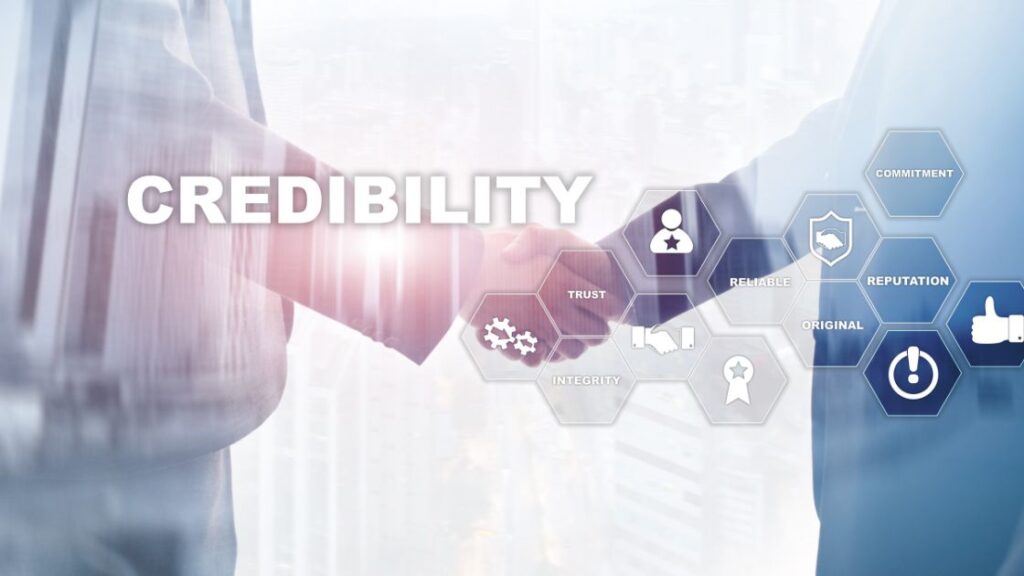In any organization, trust is the base of a healthy and effective workplace culture. When workers and other employees have faith in the leadership, they are very much involved, passionate, and devoted to meeting common tasks at hand.
One sure way to nurture such trust is through the improvement of communication. Clearly, constant, and overt communication breeds in an atmosphere of transparency, openness, and mutual respect—typical features of trust.
Here are four key ways stronger communication helps to build trust with leaders at great workplaces:
Table of Contents
Transparency Enhances Credibility

Leaders who communicate candidly and transparently with their teams build credibility and engender trust. Leaders who share company vision, goals, challenges, and successes make their employees feel closer to the mission. It also involves being transparent with respect to the rationale behind decisions, even when those decisions are tough or unpopular.
This type of openness will help workers know the big picture and remove any type of uncertainty that is the enemy of trust. By being transparent, leaders demonstrate that they value their people and are interested in keeping them up to date and informed.
Active Listening Respect

Good communication is a two-way process. This goes hand in glove with the leaders passing clear messages, but equally, leaders have to be good listeners. Leaders really listening to members’ ideas, views, and responses means respect is given to their perspective and helps them appreciate workers’ contributions.
Active listening involves giving full attention, acknowledging what is being said, and responding thoughtfully. Not only does the practice strengthen the relationship between the leader and the employee but empowers the voice of employees as well, for they know they are heard and appreciated. Over time, this mutual respect will build a strong base of trust.
Reliable Communication Establishes Trust

Consistency is an ingredient in setting up trust. Leaders communicate reliably and regularly, which instills a sense of stability at the workplace. Consistent communication can be ensured through regular team meetings or updating, or just one-on-one checking, for the employee to feel updated and supported.
It sets clear expectations of what should be expected from each one and reduces the possibility of miscommunication or misunderstanding. In so doing, reliability is reinforced whenever leaders consistently follow through with commitments and freely communicate changes or any other developments. They begin to believe that the leader will keep them in the know and has only their welfare at heart, even if things go rough.
Empathy Creates Emotional Connection

Empathetic communication is a key for deeper emotional trust. This approach to communication says leaders care about more than work; it says they care about each individual person’s humanity—his or her feelings, fears, and life apart from work.
During stress or uncertain times, leaders show concern and care for their subordinates in order to establish a supportive environment where employees feel protected and respected. Empathy in communication means being aware of the right way of communicating information, with regard to the tone and timing of messages and how they impact the workers’ emotions.
It creates an emotional attachment; hence belonging and trust that makes workers stay engaged and be loyal to the organization.
Conclusion
Great workplaces exhibit strong communication, which is a potent instrument in gaining trust between the leaders and the employees. Through transparency, active listening, consistency, and empathy, leaders can create an environment where trust thrives. When workers trust, they are more motivated and cooperative about achieving common goals, hence developing a more positive and productive culture at the workplace.
For organizations looking to foster a high-trust culture, investing in strong communication practices is not just beneficial—it’s absolutely necessary.
Also Read : 5 Ways Leaders Create a Workplace Where Employees Feel Connected to One Another


